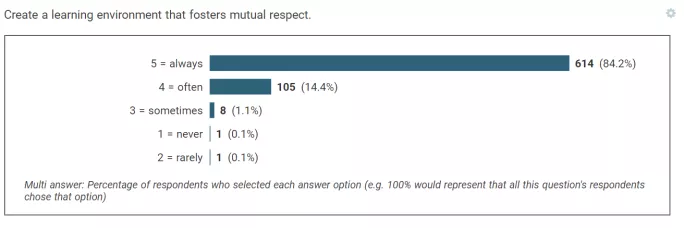- Home
- ‘The social benefits of FE must not be forgotten’
‘The social benefits of FE must not be forgotten’

As all who work in colleges know, since 2009, further education has been subjected to cut after cut - and these cuts have gone far beyond anything endured by other areas of the education system.
In effect, these cuts have hurt the communities that colleges serve and have penalised college staff who work hard day in and day out to provide transformative teaching and learning experiences.
According to a recent report by the Institute of Fiscal Studies (IFS), funding for teaching and learning in adult FE was chopped by 14 per cent in real terms between 2010-11 and 2015-16.
While funding for the adult skills budget, which covers all education for people older than 19, declined by 29 per cent in cash terms in the same period.
‘Grossly unfair’
The cuts need to be viewed in a context in which FE continues to provide education for around 40 per cent of young people leaving school.
They enrol at college, seeking a new and inspiring learning environment. They also often need nurturing and supporting to refresh their spoilt identities as learners as many feel themselves to be “not good enough”.
It is the belief, commitment and passion of FE teachers that help turn this situation around.
It is grossly unfair then, that these young people should receive less funding per head than their peers in sixth forms and schools.
Transformative teaching and learning
Action and change are now needed if FE is to survive. The government needs to stop hiding behind the rhetoric of “excellence” and “raising standards”, start viewing FE as a vital component in the nation’s educational offer and put the money on the table.
FE provides a multitude of social benefits that have remained largely unmeasured - precisely because they can be hard to quantify.
The University and Colleges Union’s Transforming Lives research project has provided rigorous and rich evidence for important benefits that are often not reflected in traditional measures of success.
It cuts across the grain of the current skills policy discourse, providing a picture of transformative teaching and learning taking root and flourishing in the sometimes-stony ground of FE.
‘Social prescription’
Transformative teaching and learning also have a huge impact on adult education. Apart from the economic benefit for individuals gaining qualifications and entering employment or beginning a new career, the benefits of FE extend into mental health, social cohesion, and family learning and learning for young people excluded from mainstream education has the power to transform lives, families and communities.
It challenges intergenerational inequality. It builds stronger families and communities, healthy and dignified ageing, digital development and inclusion, employability and intergenerational flourishing and social mobility.
It is no accident that GPs are increasingly opting for “social prescription” and prescribing educational courses for people who feel isolated and whose well-being is suffering as a result.
FE is well placed to address some of the social challenges arising from an educational system that often seems too focused on education as a means to individual advancement rather than as a public service whose function is to benefit all of society by helping people realise their potential.
‘Valuing and respecting learners’
Transformative FE pedagogies are based on authentic engagement and collaborations with learners and local communities. We have gathered evidence about how college teachers prepare learners for lives of critical inquiry, active civic engagement and agency as socially responsible members of their diverse communities, locally, nationally and globally.
A recent survey of teachers in FE as part of our research had almost 750 respondents working in nearly 150 different colleges and providers across the UK. What stands out about the data is the emphasis teachers put on valuing and respecting the learners.
This awareness extends to knowing learners’ background, the aim is to foster a real sense of belonging.
In the survey teachers indicated the extent to which they tried to:

And how they sought to:

And:

There was also a strong emphasis on teachers helping students plan for the future:

The survey highlighted the many-layered role of teachers in FE and how their practice is framed by the need to address multiple issues as the foundation from which learning can take place.
‘Joined-up thinking’ is required
Our findings are particularly interesting for commissioners of a range of services in cities and devolved administrations.
With devolved budgets and outcome-based local commissioning arrangements, over the coming years, we are likely to see changes to the way adult learning and FE works. This requires joined-up thinking across discipline areas, and a cohesive approach that challenges inequality and moves towards social justice is a necessity.
Now is the time to recognise these important contributions and to re-prioritise educational funding to reflect this new understanding.
A link to the survey can be found here and more information is available on the FE Transforming Lives website.
Professor Vicky Duckworth is a professor of education at Edge Hill University in Lancashire and Dr Rob Smith is a reader in education at Birmingham City University
Keep reading for just £1 per month
You've reached your limit of free articles this month. Subscribe for £1 per month for three months and get:
- Unlimited access to all Tes magazine content
- Exclusive subscriber-only stories
- Award-winning email newsletters
